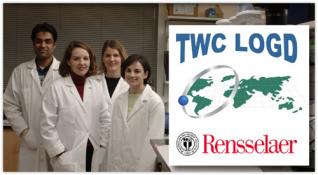As the Semantic Web (sometimes called Web 3.0) emerges, the US government is pleased to be in the vanguard of this new technology space. To this end, Data.gov is hosting demonstrations and documents that will help familiarize Data.gov users with this new technology, and that will let citizens and developers work with the government in creating a new generation of "linked data" mash ups.
Data.gov now hosts a set of Resource Description Framework (RDF) documents containing triples created by converting a number of the Data.gov datasets into this format, making over 6.4 billion triples of open government data available to the community. An index of all the RDF documents on Data.gov is here.
The URI scheme chosen is a very simple one for the time being, designed to allow users to easily explore and extend the data. A proposal is being developed with RPI, one of the Data.gov community leaders, for a new encoding of datasets converted from CSV (and other formats) to RDF. We're looking forward to a design discussion to determine the best scheme for persistent and dereferenceable government URI naming with the international community and the World Wide Web Consortium to promote international standards for persistent government data (and metadata) on the World Wide Web.
Most Recent Blog
Support for schema.org at Data.gov
We've been watching the schema.org datasets schema space for a while now, as Data.gov is very interested in adding schema.org support for our listing of over 450,000 datasets. We think this will help the major search engines create better relevance rankings of Federal government data, where many searches begin.













